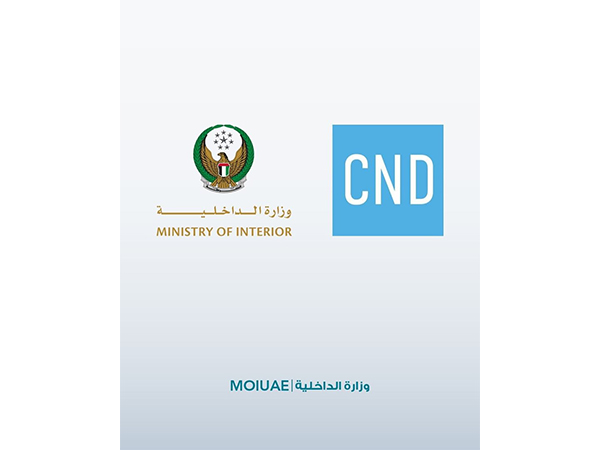Same-sex marriage: Review petition filed in SC against constitution bench order
Nov 01, 2023

New Delhi [India], November 1 : A plea has been moved in the Supreme Court seeking to review its judgement denying marriage equality rights to queer persons, urging for an open court hearing on the petition.
The review petition raised that the majority judgment has failed to take the logical next step of prohibiting discrimination. The Majority Judgment' is facially erroneous because it finds that the Respondents are violating the Petitioners' fundamental rights through discrimination, and yet fails to enjoin the discrimination.
"Nonetheless, the Majority Judgment fails to take the logical next step of prohibiting the discrimination. It instead invites the Respondents to consider such impacts and make necessary recommendations," read the review petition, lamenting that "whether this will happen through proactive action of the State itself, or as a result of sustained public mobilisation is a reality that will play out on India's democratic stage, and something only time can tell."
The review petition has been filed against the judgement dated October 17, 2023, passed by the five-judge Constitution Bench. The review petition said that the judgement suffers from several errors.
The petition has sought to direct the instant review petition to be listed for an open court hearing to enable the petitioners to address oral arguments in support of the review petition.
"It is most respectfully submitted that for a Constitutional Court to specifically identify discrimination; but fail to grant appropriate remedies, is an abdication of its responsibility under the Constitution of this country," read the petition.
It further added, "As correctly noted by the Chief Justice, the Majority Judgment fails to address whether Regulation 5(3) is discriminatory for distinguishing between married and unmarried couples for the purpose of adoption and for the disproportionate impact that it has on the members of the queer community while simultaneously holding that "the State cannot, on any account, make regulations that are facially or indirectly discriminatory on the ground of sexual orientation."
The petition states that the majority judgement is self-contradictory in its understanding of "marriage".
It acknowledges that the Special Marriage Act, 1954 (the "Act" / "SMA") confers the "status" of marriage, observing that the Act "in fact created social status or facilitated the status of individuals in private fields" and that the Parliament "has intervened and facilitated the creation of social status. (marriage) through SMA," the petition highlighted.
The review petition also said that the majority judgement is manifestly unjust because it countenances animus-motivated depravation of the petitioners' fundamental rights.
"The Majority Judgment erroneously likens this case to a petition for 'the construction of a road' to enforce the right to travel, or creation of a 'platform' for a 'poet who wishes to share their work', when in fact, here, the Respondents have constructed the metaphoric road and poetry platform--only that homosexuals are barred from both because the Respondents think homosexuals are inherently a problem," read the review petition.
"The Majority Judgment effectively compels young queer Indians to remain in the closet and lead dishonest lives if they wish for the joys of a real family. It is fallacious that, under these facts, and in the absence of a fundamental right to marry or form a union, the rights to equal protection, dignity and fraternity are insufficient to justify judicial intervention," the review petition said.
The plea has sought a review of the top court's five-judge bench order, which refused to give marriage equality rights to same-sex couples.
The review petition has been moved by one of the 21 petitioners through Karanjawala & Co.
On October 17, the five-judge Constitution bench comprising the Chief Justice of India, DY Chandrachud, Justices Sanjay Kishan Kaul, S Ravindra Bhat, Hima Kohli and PS Narasimha delivered the order.
There were four judgements separately authored by the CJI and Justices Kaul, Bhat and Narasimha. While the CJI and Justice Kaul had the same opinion, Justices Bhat, Narasimha and Kohli agreed with each other.
The majority judges by 3:2 held that non-heterosexual couples cannot be granted the right to jointly adopt a child. However, CJI and Justice Kaul said that these couples have the right to jointly adopt a child.
Around 21 petitions were filed in the Supreme Court seeking legal recognition of same-sex marriage.
One of the petitions earlier raised the absence of a legal framework that allowed members of the LGBTQIA+ community to marry any person of their choice.

















